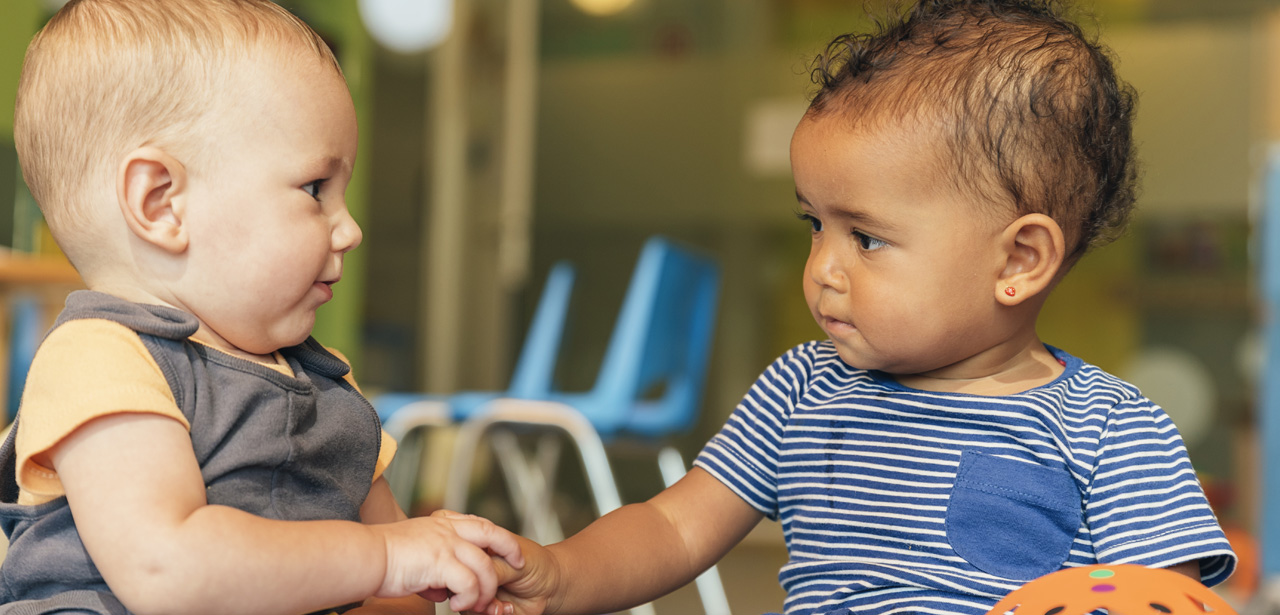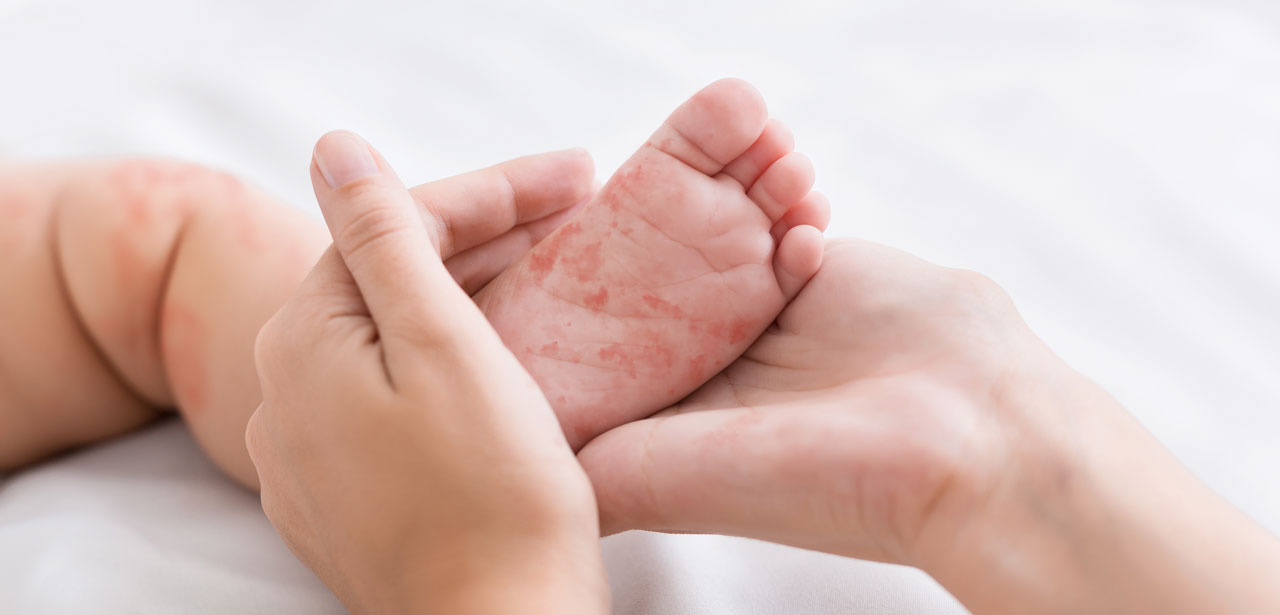Results: form 2013 to 2016, 95 imported malaria cases have been detected in Reunion Island: 42% of cases occurred in the area of repartition of Anopheles arabiensis, but Anopheles mosquitoes were present only around seven cases including one gametocyte carrier. No autochthonous or introduced case has occurred during this period. The lack of chemoprophylaxis or poor adherence was found in the majority (96%) of malaria cases between 2013 and 2016, regardless of trip type. Affinity tourism in Madagascar and Comoros was the cause of 65% of imported malaria cases. Discussion: the incidence of imported malaria and the incidence rate per 100,000 travellers has continuously decreased since 2001. Now with the drastic decrease of malaria transmission in the Comoros archipelago, most of imported malaria cases in Reunion Island have been contaminated in Madagascar. Immigrants regularly resident in Reunion Island, which travel to malaria endemic countries (mainly Madagascar) to visit their friends and relatives (VFRs) represent a high-risk group of contracting malaria. VFRs, low adherence to pre-travel recommendations, in particular, the compliance on the use of chemoprophylaxis are the main drivers of imported malaria in Reunion Island. Furthermore as previously described, some general practitioners in Reunion Island are always not sufficiently aware of the official recommendations for prescriptions of prophylactic treatments. Conclusion: social mobilization targeted on the Malagasy community in Reunion Island could help to decrease the burden of imported malaria in Reunion Island. Because of the low number of gametocyte carriers and the absence of an Anopheles mosquito population when most malaria cases were imported those last 4 years, the risk of the appearance of introduced malaria cases and indigenous malaria cases appears low in Reunion Island.
Auteur : Pagès Frédéric, Houze Sandrine, Kurtkowiak Brian, Balleydier Elsa, Chieze François, Filleul Laurent
Malaria Journal, 2018, vol. 17, p. 1-11


